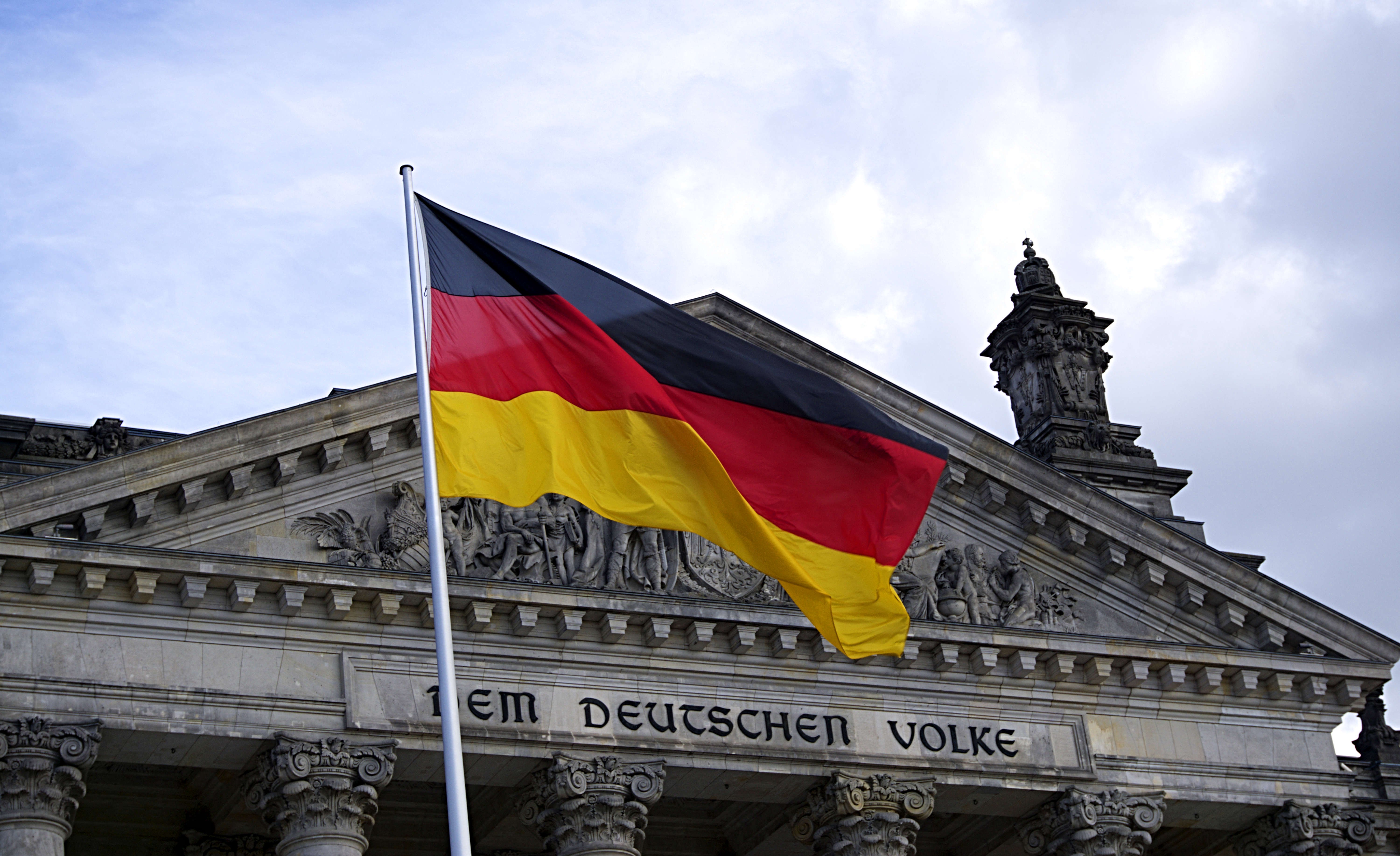(REPOST: Autovista Group)
Following the first diesel summit held in August, car makers in the country agreed to recall a total of 5.3 million vehicles to retrofit them with new software to lower their emission profiles. For vehicles that are unable to go through the process, manufacturer-led scrappage schemes were put in place, with incentives for drivers to buy cleaner diesel, petrol or alternatively fuelled vehicles.

Now, the country’s government has agreed to release €1 billion in funding to help municipalities tackle diesel pollution. The move is designed to allay fears that ninety cities in the country, including Munich and Stuttgart, will face penalties for having nitrogen dioxide (NO2) levels in excess of the permitted limits, introduced in 2010.
Cities waiting for the funding since it was approved in early September plan to invest in digital tools to improve traffic management, replace diesel buses with zero-emission models and promote battery-charging networks. However the German environmental lobby the DUH has dismissed the plans as inefficient.
‘Driving bans have become anything but less likely with those decisions,’ DUH managing director Juergen Resch told the news agency Reuters. ‘The projects planned will not lead to improving air quality greatly in 2018 and probably also not in 2019.’